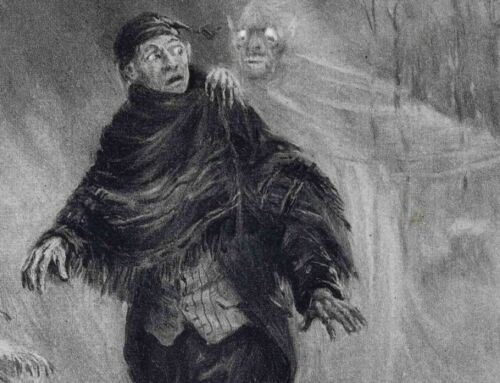Fictional Character Development
Fiction writers often find that their characters reveal themselves as the story unfolds, and develop in a way they didn’t initially have in mind. There are certain elements to be considered for your characters to have real substance and to authentically harmonise with your storyline. Good character development provides depth and personality and is an essential aspect when writing fiction.

Give Your Characters a Backstory
Convincing characters need to have parts of their past included in their narrative. Stephen King comments in his book On Writing: A Memoir of the Craft, “The most important things to remember about backstory are that (a) everyone has a history and (b) most of it isn’t very interesting”. Only include what is necessary to your story; write about the pivotal points in your characters’ past and what shaped them into who they are on the page.
Make Your Characters Imperfect
Your characters need to have weaknesses and strengths to be believable, and to create intrigue for your readers. Your main character might be an intelligent and admirable adventurer, who is strong, brave and confident. These are relevant characteristics for the hero of a story, but it makes for an uninteresting plot.
Perhaps your hero could also have moments of recklessness, or maybe their courageous act is conducted to the detriment of another character. A perfect example of a well-written character with both strengths and flaws, is protagonist Clarice Starling from Thomas Harris’ Silence of the Lambs.

What Are Your Characters’ Goals?
Your readers will want to follow engaging and compelling characters. Think about what motivates your characters; their goals are needed to carry them through the story and to keep it moving forward. Try to make their goals a little more specific, that way your readers are more likely to resonate with your protagonists, and feel opposed to your antagonists. For example, your characters’ main goal could be to catch a criminal. To make this more unique, they might become conflicted if this criminal turns out to be a close friend. What if their goal changes completely during the course of the story? Having interesting or fluid motivation is what gives your character purpose.
As part of the character-building or at the least to write an engaging story, bear in mind this quote from Alfred Hitchcock: “Drama is life with the dull bits cut out.” Consider your characters’ motivations, what drives them and what internal or external conflicts they have to confront and overcome. This provides strong emotive engagement for the reader.
These three elements should provide a starting point for effective character development. This is in no way an exhaustive list of components to consider, but should give you some foundations to build from. For further insights into story craft and fiction writing please see the story craft section of the website.





Leave A Comment